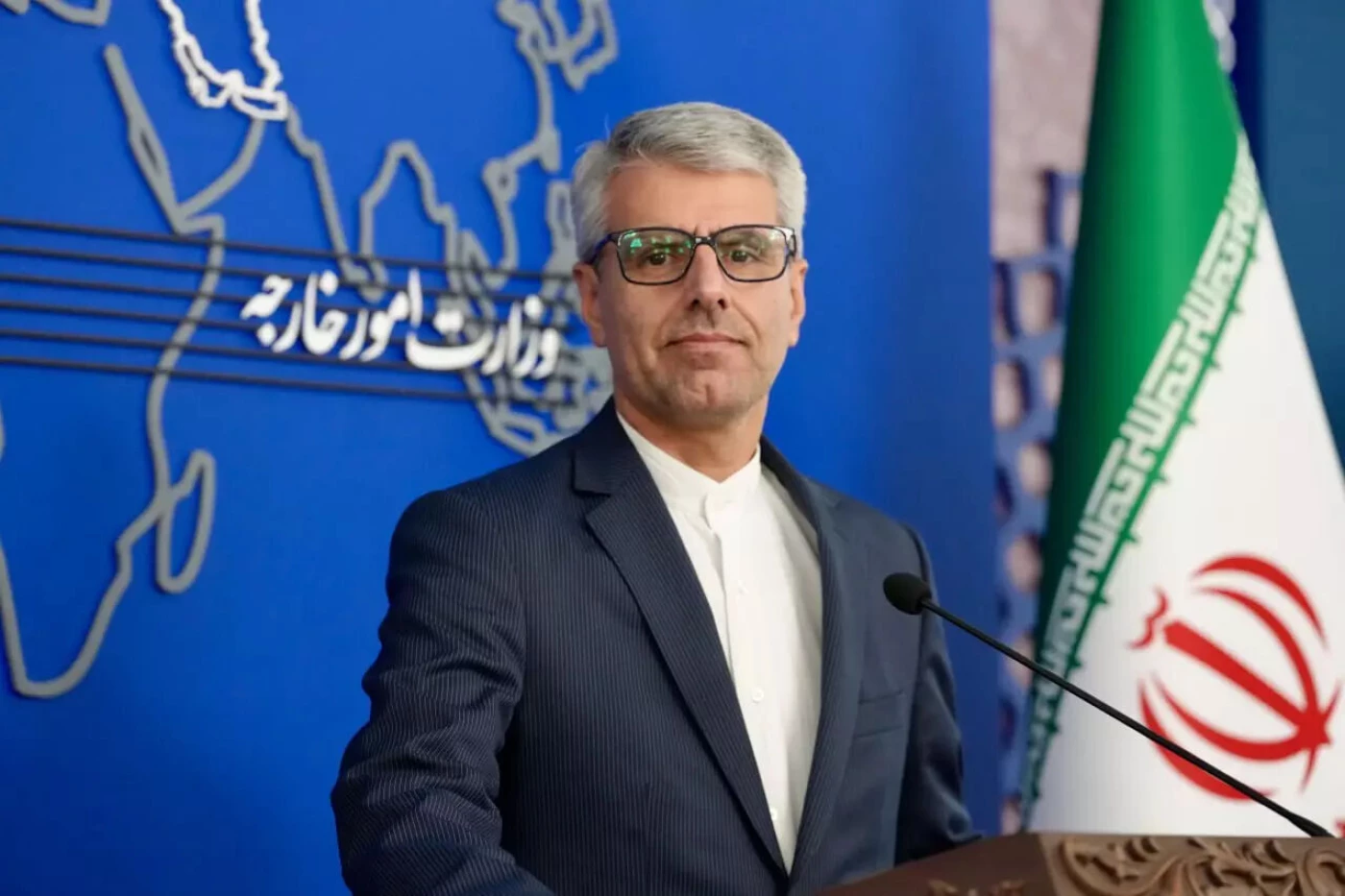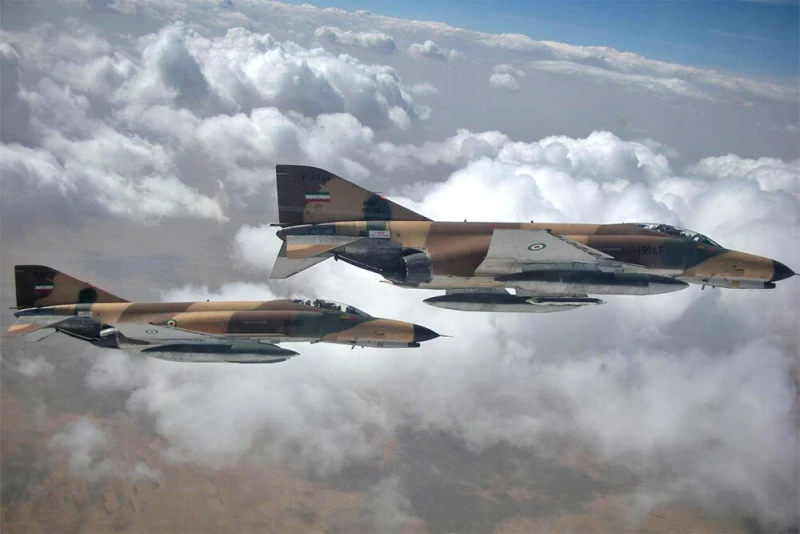ERBIL, Kurdistan Region of Iraq - An Iranian foreign ministry spokesperson said Wednesday that the country is "in no rush” to establish relations with Syria, but expressed readiness for a renewal of ties whenever the new Syrian government is prepared.
The Iranian foreign ministry spokesperson, Esmail Baghaei, expressed similar views to Syria on Wednesday during a press conference, Iran's state-owned IRNA news agency reported.
Baghaei’s comments were in response to Syrian President Ahmad al-Sharaa's remarks on Friday about the possibility of reestablishing relations with Iran based on prioritizing Syrian interests.
"The statement is a fact, and we also say that the severance of relations between two Islamic countries [Iran and Syria] with a long history of friendship cannot be permanent," Baghaei said, adding that Tehran considered itself a friend of Damascus and "is in no rush to reestablish relations."
Iran was a major supporter of Bashar al-Assad’s government, which fell to rebel forces dominated by Hay’at Tahrir al-Sham (HTS) on December 8.
“Whenever the Syrian authorities recognize that friendship and cooperation with Iran are in the interests of their people, Iran will be fully prepared to restore and expand relations in return,” Baghaei said.
Shaara, during an interview on Friday with Syrian state media, highlighted Iranian influence in his country over the past four decades, adding that the fall of former President Assad was for Tehran as “removing Iranian influence from the region.”
Prior to the regime’s fall, Tehran was Assad’s principal regional backer, wielding significant influence across Syria.
“Regarding Iran, the wound was somewhat deeper. We are not saying there will be a permanent rupture between us and the Iranians. We will reach a stage where there are relations based on respect for Syria’s situation, non-interference in internal affairs, and not stirring sectarian discord or similar issues, so that this file can be fully closed,” he said.
He emphasized that the relationship will be based on “independence in its decision-making, and on the basis of Syrian interests being prioritized.”
Syria’s new administration has previously warned Iran to avoid interference in the country’s internal affairs.
During the Syrian conflict, Tehran’s embassy in Damascus was targeted. Israeli airstrikes hit the consular section in April, killing a senior commander of Iran’s IRGC-Quds Force.
Following Assad’s fall, Iran temporarily relocated embassy staff to Beirut for security.
Iran has previously said that Tehran has no direct contacts with the new Syrian government.
The United States has also warned Iran to avoid interference and proxies in Syria and highlighted that it shouldn't have any role in the new Syria.



 Facebook
Facebook
 LinkedIn
LinkedIn
 Telegram
Telegram
 X
X


